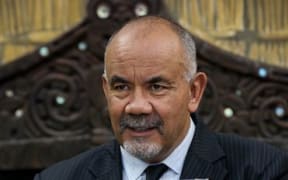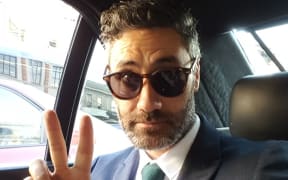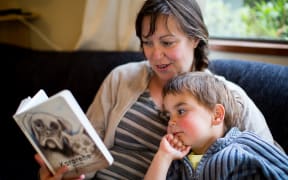Te reo ki tua, the Ngāti Kahungunu Māori language symposium, is a new initiative to further enhance the tribe's Māori Language strategy.
Ngāti Kahungunu hopes to revitalise the Māori language by 2027. The third largest iwi in New Zealand, its rohe has the second biggest coastline, from Mahia Peninsula to Wairarapa.
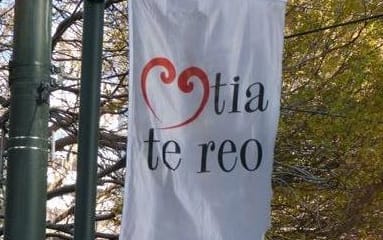
Photo: RNZ
Like many iwi around the country, Te Reo Māori within Ngāti Kahungunu was decimated during the early 1900s and like many other iwi it is fighting for its survival.
Jeremy Tātere Macleod, director of Ngāti Kahungunu Te Reo revitalisation strategy, said if they didn't act now his people's language would die.
"The ultimate goal of the symposium is to reenergise Ngāti Kahungunu again and to reawaken our people and remind them of the dire situation of our language. We're in the eleventh hour and if we dont act now inevitably their language will die."
There are 62,000 members who affiliate with Ngāti Kahungunu, 23,000 who are registered members.
Mr Macleod said research from the 1970s showed a huge decline in Māori speakers in areas like Hastings, Dannevirke and Wairoa compared to Māori communities like Ruatoki, Ruatahuna and Ruatorea. Statistics from the latest census showed the language was still on a downward-trend.
The number of Māori able to hold a conversation in te reo was down 3.7 percent from 1996 to 2013. Many of those who could speak te reo were older, with 43 percent of Māori aged 75 and over able to speak te reo, compared to 20 percent of those aged 15 to 29.
There was much more work to be done, Mr Macleod said.
"In some areas of Ngāti Kahungunu there are four to five generations of people with English as their first language. It was always going to take us a long time to try and get to a stage where we could say we've stabilised the health of the language."
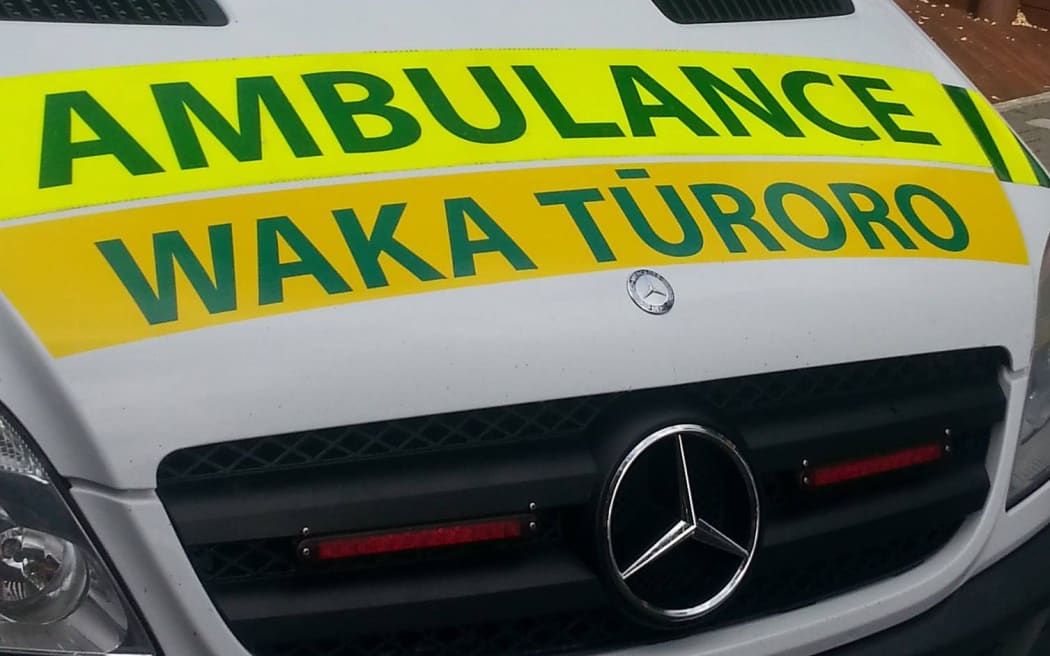
An ambulance with signage in Te Reo Māori. Photo: Maori Language Commission / Facebook
But he said his iwi had awoken and was catching up to tribes who were national leaders in te reo revitalisation such as Ngāi Tahu and Ngāti Raukawa.
This was an exciting time for his people but barriers needed to be broken to encourage more people to learn.
"People are trying to earn a living, our people are whakama, shy, intimidated and scared to learn the language. There are a whole lot of barriers."
Today is the last day for the symposium, being held at EIT in Napier.
